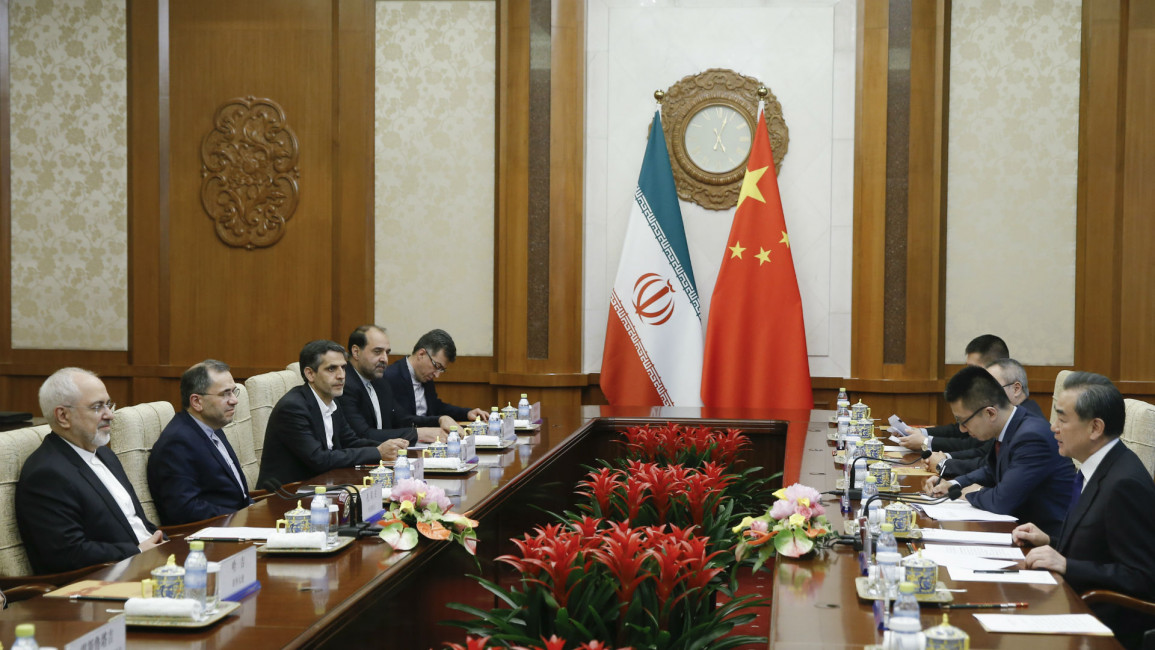Iran looks to India, China, Russia after US nuclear deal pullout
The government statement was issued following a meeting between the Indian Foreign Minister Sushma Swaraj and her Iranian counterpart Mohammad Javad Zarif.
Parties involved in the nuclear deal known as the Joint Comprehensive Plan of Action (JCPoA) "should engage constructively for peaceful resolution of the issues that have arisen with respect to the agreement", it said.
India also said on Monday it would only abide by sanctions imposed by the United Nations – not any other country, such as those announced by the United States.
President Donald Trump announced on May 8 the US was pulling out of the JCPoA, and would reimpose sanctions on Iran. Trump has long trashed the deal, concluded under his predecessor Barack Obama, saying it did not do enough to curtail Tehran's nuclear ambitions.
Iran, being one of India's top oil suppliers, boasts a long-standing political and economical relationship with New Delhi. Bilateral trade between India and Iran amounted to $12.9 billion last year.
Iran's president is also set to attend a summit with his Chinese and Russian counterparts next month, reported officials in Beijing on Monday.
President Rouhani delivered a scathing blow to Trump after his decision, saying "Iran will be conferring with the world's two super powers, Russia and China".
China's President Xi Jinping will meet President Hassan Rouhani on the sidelines of the Shanghai Cooperation Organisation (SCO) meeting on June 9 and 10 in Qingdao, said Foreign Minister Wang Yi.
Yi added that Russian president Vladimir Putin will also attend.
Trade partners
Beijing, which is Iran's top trade partner and one of the biggest buyers of its oil, has signalled that it intends to keep working with the Islamic regime despite the US move.
Chinese businesses are expected to step up activities in Iran to fill the void left by the exit of US companies and the possible withdrawal of reluctant European rivals who might fear US punitive measures.
Iran is currently an observer member of the SCO, though it has long sought full membership.
The regional bloc focusing on security and trade also includes four ex-Soviet Central Asian republics and two new members, Pakistan and India.
The summit will discuss a three-year action plan to "fight the three evil forces" - terrorism, separatism and extremism - and strengthen cooperation on tackling cybersecurity breaches and drug trafficking, Wang said.
A senior Iranian official warned Europe last week that they have until the end of May to propose ways to mitigate the effects of the US withdrawal from the landmark deal between world powers and Tehran.
Tehran has threatened to restart its uranium enrichment programme at an "industrial level" if the 2015 pact falls apart.



